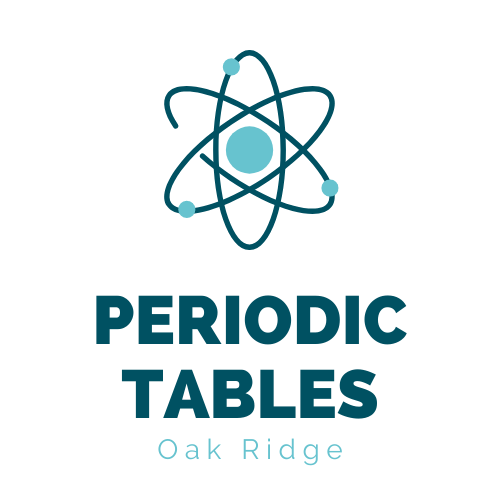What is Pluralism and Why It Matters in Today’s Divided Politics
As we embark on our community-building journey together with “The New Pluralists: Healing Starts Here” grant initiative, it seems wise to share a little bit about pluralism and why we believe its important. Diversity is a fact of life worth celebrating. Our lives are enhanced and enriched when we are surrounded with a multitude of perspectives and experiences from people different than us. Yet, these same differences that hold the power to expand our lives also create moments of tension. Holding the tension as we seek the benefits of diversity can be difficult and we’ve seen this play out in our politics, religion, and ethnic intersections for many years.
I’m reminded of the rifts that the 2016 election put into the lives of many people I know, some rifts so extreme that family members stopped visiting each other during holidays for fears of arguments at the dinner table. Years later, many of these rifts never healed and even became deeper and more divided as people operated in “information silos” which presented them divided facts about what is real.
“Mutual Incomprehension” is perhaps the best description of what we’re witnessing in culture these days. It’s not simply a matter of disagreeing about politics anymore, but instead many of our conversations have devolved to a space of not understanding how another person could even think the way they do. Our positions on any number of hot-button issues have become incomprehensible to each other, which makes it nearly impossible to communicate at all, much less heal.
Oak Ridge Periodic Tables was fortunate to have Dr. Leah Schade from Lexington Theological Seminary with us a few weeks back. In our sessions with clergy and lay-leaders, we received valuable roll play exercises that took a deep-dive into Jonathan Haidt’s five moral frameworks people often use to craft opinions and organize their positions on divisive topics. The exercise helped us dislodge our individualistic approaches and move toward comprehending the way others approach the same issue.
Recently, I was impressed by W. Kamau Bell’s four-part documentary, “We Need to Talk About Cosby.” In this documentary, Bell demonstrates what he has done so well in many other places – he holds an uncomfortable tension long enough for us to grow and stretch into places we wouldn’t voluntarily go on our own. In one sense, it reminded me of what pluralism does best in that it provides us with more than one narrative or toolset in addressing complicated issues.
The documentary also reminded me of how the work of pluralism begins with each of us as individuals first, then moves out into community. As we learn to hold the different parts of ourselves in creative tension with each other, we deepen as individuals and can bring that growth into our communities where it can thrive. As Walt Whitman once wrote, “Do I contradict myself, very well then, I contradict myself. I am large, I contain multitudes.”
Carrying the varied parts of ourselves into community and giving each the space to breathe empowers others to do the same. As we learn to accept the complexity of our own lives, we can in turn be better equipped to accept the complexity of people who have lived very different lives than ours, and whom think different thoughts.
Oak Ridge Periodic Tables has a mission to bring people together. Sometimes that work is easy, sometimes it asks us to step outside ourselves and hold tension in the community so that we stretch and grow. We’re honored to be on this journey with the New Pluralists – and extremely humbled to have been selected for a grant. It is also an honor to be on this journey with you and all the different parts of you.
We believe we’re better together. Join us as we work toward an Oak Ridge that works for everyone.
